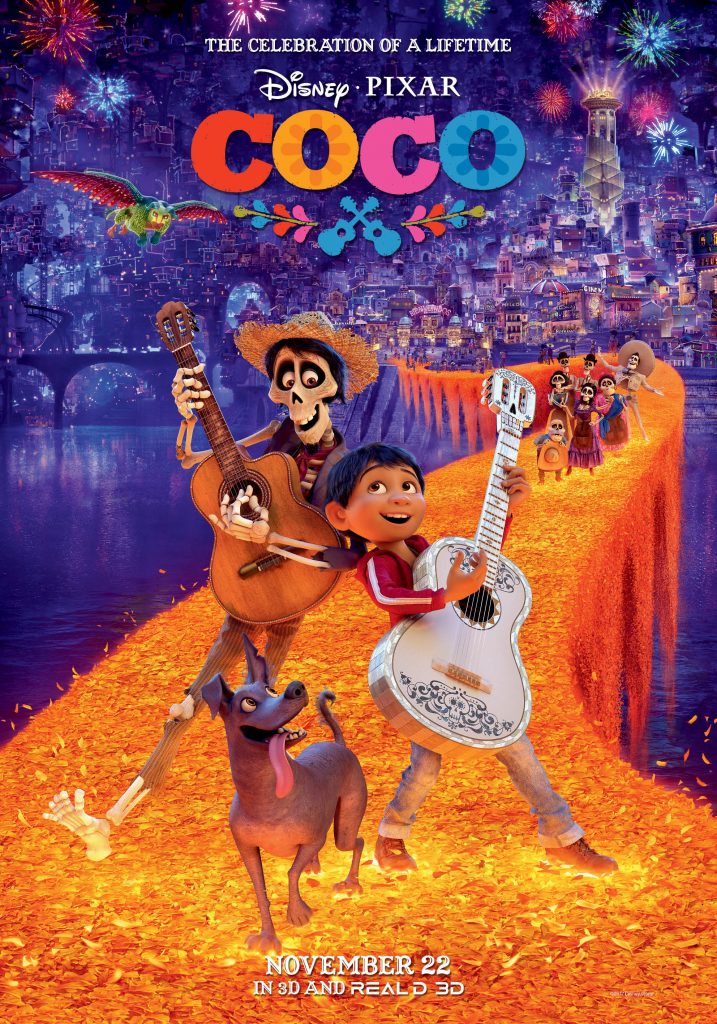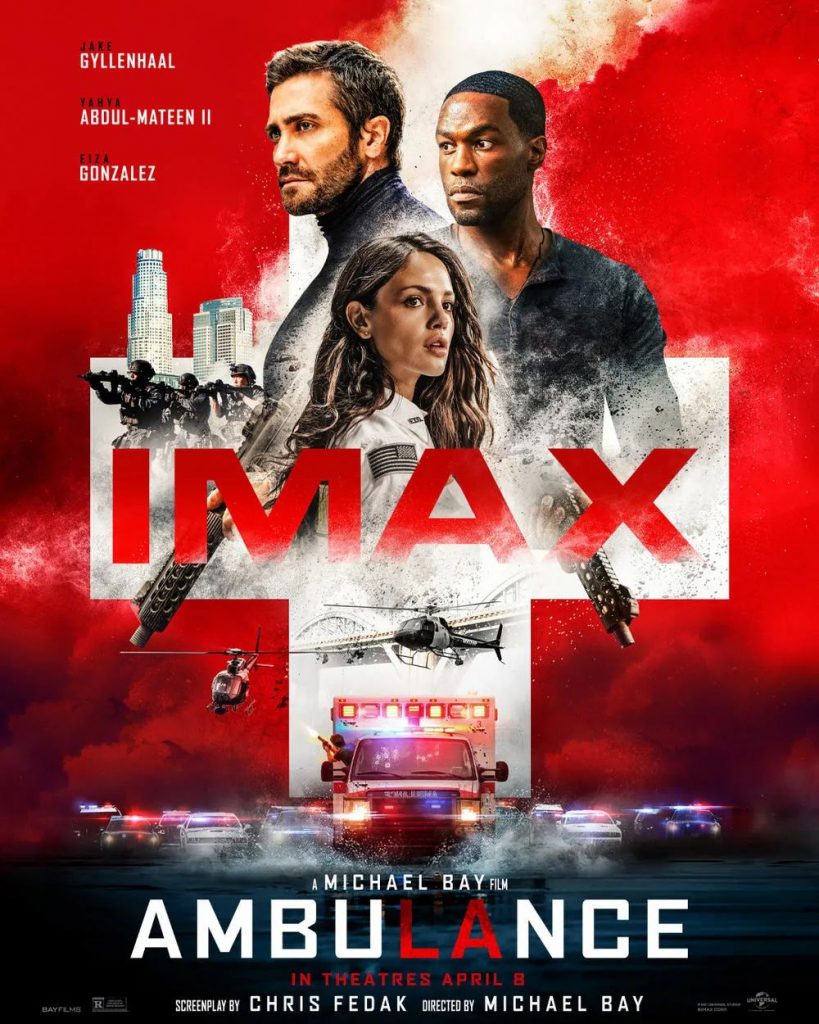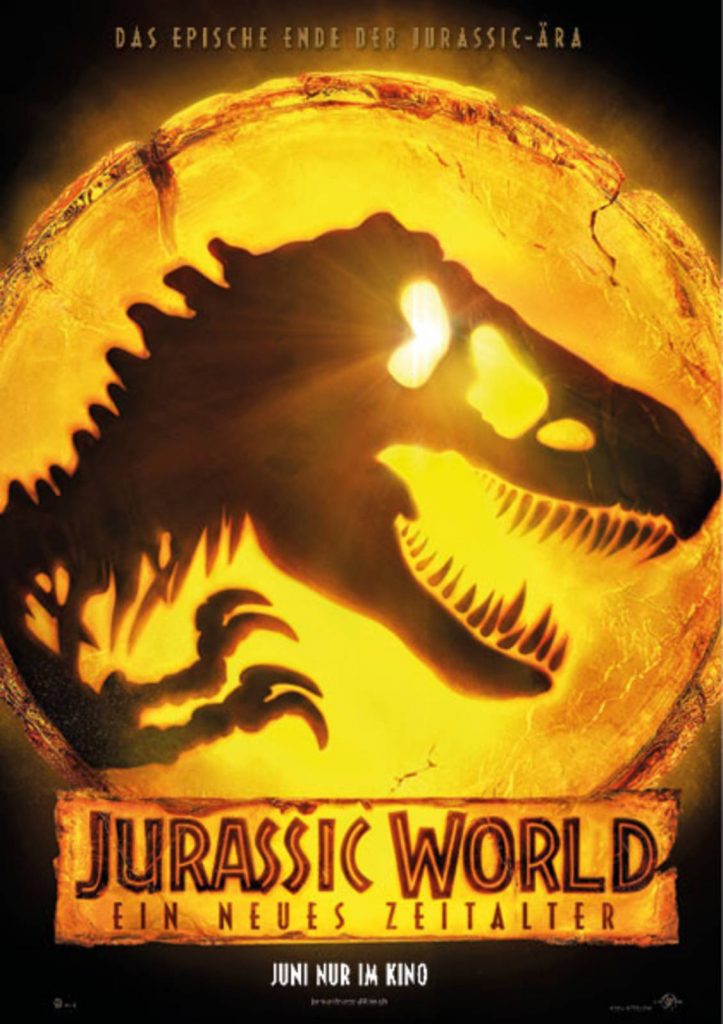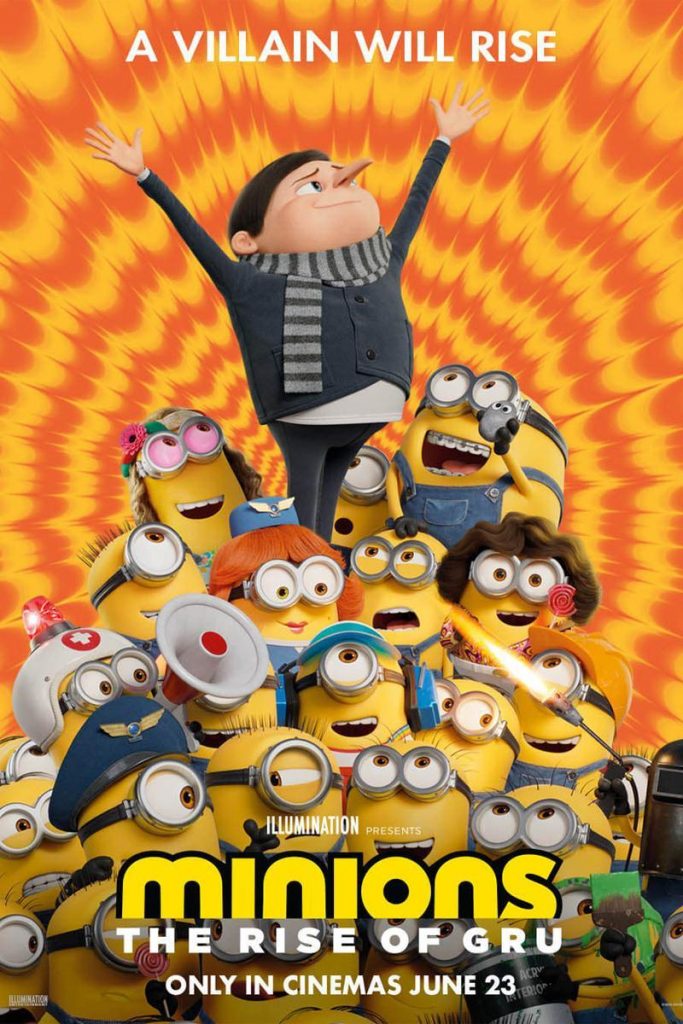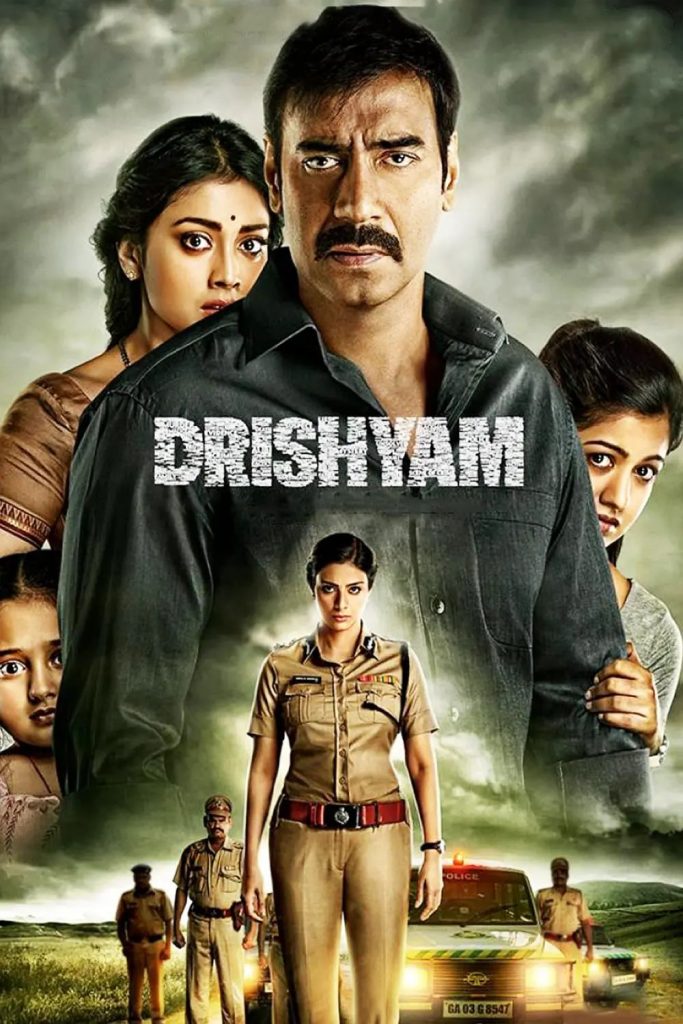As we all know, Quentin was all set to show his violent aesthetic to millions of Chinese when a notice blew away the audience who hadn’t yet had a good time. The so-called “technical problem” was due to a nude scene in the film. As the first Quentin film to be introduced to the mainland, this was a big mistake that is destined to go down in the annals of Chinese film censorship. However, whether it is an emergency stop or a delayed release, the fact that it will finally be seen in cinemas is a true “hard drive to screen” milestone.
The film is a tribute to Italian director Cappuccio’s 1966 film Django. Quentin uses his rousing theme song and the “new Django” retains the fastidious nature of the “old Django”. However, it tells a completely new story. From the opening sequence in which the German bounty hunter Dr Schultz saves Django’s life, it is clear that this is a “slave’s turn to sing” film.
In 1858, two years before the American Civil War, black slaves were still subjected to the most inhumane forms of slavery. Django and his wife are forced to separate and both are sold at a bargain price. Fortunately, Django knows the man that bounty hunter Dr. Schultz is looking for. After being rescued, the two make a deal: Django finds the man for the doctor, and the doctor helps Django save his wife. To be free again is a lifelong dream of Django’s. But before he could become stronger, he had to master some of the rules of survival. Dr. Schultz not only teaches Django to use weapons, but also taps into his intelligence and sociable mind. Not surprisingly, in the space of one winter, Django went from being a black slave who could not even use a gun to an accomplished bounty hunter. At the same time, he never loses sight of his true purpose: to find and rescue his wife, Bloncida, who was separated in the slave trade years ago. The rescue takes quite a twist when they run into a “tough guy”, Calvin Candie.
After missing out on The Shameless Bastard, Lee was able to play the villain known as the “villain of the age”. The farm owner, who was obsessed with slave fighting, particularly enjoyed watching the slaves tear each other apart and kill each other. In his case, once a slave gladiator loses his value, he is surrounded by dogs and bitten to death. With such a shrewd and brutal merchant, it was not easy to save a man from his eyes. So the two men take their chances, pretending to be black slavers, and enter the mansion in a bloody battle of wits and bravery.
I was planning to have a good time watching Quentin’s signature scenes, but the climax comes early. Aside from the unscripted violence and the overly thick plasma, an improvisation by Lee ignites the film’s first explosive moment. It was then that Kandi, the farmer, discovered the Django duo’s plot and his bruised anger went straight to his head, lashing out with such force that his hands were laced with broken glass and the table was covered in blood. Despite the constant bleeding from his palms, Little Lee continued his performance, much to Quentin’s admiration.
The scene was cut into the final version and Leonardo was applauded by the audience as soon as the scene was finished. You could say that this scene is a turning point in the film: from this point on, Django turns passive into active. After paying a high price to ransom Bloncida, a standoff ensues as Dr. Schultz doesn’t bother to shake Kandi’s hand. In the melee, the doctor is tragically killed, leaving Django to fight alone. Next, it becomes Django’s home turf. First, he takes down some white men escorting him and detonates the explosives, freeing a truckload of black slaves.
Then, unawares, he shot every one of Kandi’s goons. The best part is that after detonating the entire estate, a suited and booted Django, wearing sunglasses, finally gets his hands on a beautiful woman. It’s a gripping 160 minutes that ends with a smile on Django’s face! It is said to have taken 130 days to shoot, making it Quentin’s longest film and showing the importance attached to it. Set during the American Civil War, the director inevitably injected a lot of historical sentiment. But the bold innovation of “Negroes turned bounty hunters” is a subversion of tradition. In previous Westerns, it was impossible for a black man to get on a horse. Django, on the other hand, is not only able to ride a horse, but also has “absolute freedom”. Quentin’s daring play on American history is, I must say, a delight.
As for the “skull” fallacy at the dinner table, it is an allusion to the discrimination against black people in white society. In fact, true slavery is not innate, but self-inflicted. Compare this to Stephen, the black butler, who had every opportunity in his life to escape and could have even killed his master with his own hands. But he never did. He knew full well that freedom came at a price. The price was that he had to beg and fawn like a wagging dog for the rest of his life, only to die at Django’s hands.
Django, on the other hand, never compromises and gallops off on a fast horse to fight for his freedom and love.




